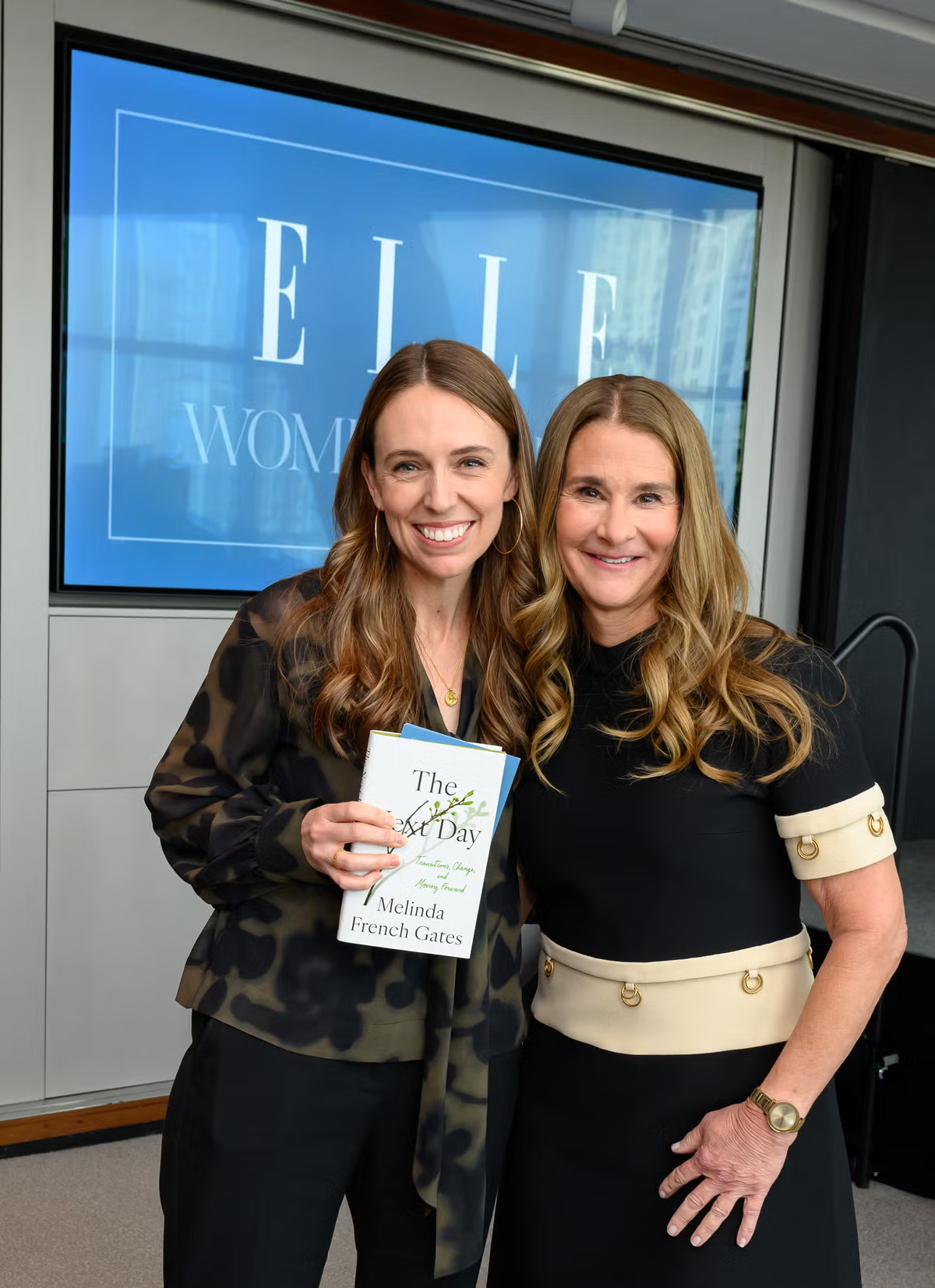In Season 4 of The Bear, Abby Elliott’s portrayal of Natalie “Sugar” Berzatto offers a surprising clarity amid chaos, one that’s as emotional as it is earned. With the restaurant’s future—and her brother Carmy’s heart—on the line, Sugar emerges from behind the scenes to become the anchor everyone needs. In early episodes, she’s a new mom and restaurant operations manager, stretched thin and raw with exhaustion, yet capable of delivering truths that cut deeper than any critique from the kitchen.
Elliott describes a pivotal moment in Episode 2 when Sugar confronts Carmy with the truth that if he no longer loves the restaurant, stepping away is valid. It’s both a loving confrontation and a turning point, planted like a seed and blooming into something transformative. Filming that sequence, she felt every word, every pause, as if Natalie’s fatigue and love had seamlessly merged with her own, guided by Jeremy Allen White’s authentic counterpart in the scene—his heartfelt apology and her directorial choices capturing a luminous emotional shift.
What makes Elliott’s journey in this season so compelling is her raw emotional connection to the character. She admits that embodying Natalie has become visceral—less performance, more living through those feelings in real time. The exhaustion of late motherhood, the weight of long‑held family responsibility, and the fear of letting go—all of these experiences surge through her with newfound intensity. The actress’s emotional investment isn’t just a career milestone; it’s a breakthrough: she’s allowing herself to fully feel Natalie’s life.
Beyond the emotional depth, Elliott’s roots in comedy illuminate the show’s tonal brilliance. A standout moment unfolds at a wedding in Episode 7, when Natalie engages in a hilariously raw feud with Brie Larson’s Francie Fak. As Sugar yells “Francie Fucking Fak!” the scene hovers between uproarious comedy and heartfelt drama. Elliott credits the performance to grounded emotional truth—the anger, betrayal, laughter—all channeled through a real place of emotional pain, trusting in both script and director’s editing for the dramatic-comedic balance.
That comedic instinct, honed during her time on Saturday Night Live, remains an essential part of her skillset. Elliott’s heritage in sketch comedy gives her precision when navigating The Bear’s tonal tightrope, ensuring the show remains both funny and truthful even at its most explosive moments.
As the season unfolds, Bonnie moments with Pete—the antithesis of Sugar’s rough upbringing—offer intimate counterpoints to the chaos of the restaurant. Those tender exchanges, whether in bed or over dinner, reveal another layer in Natalie’s evolution: the ability to receive care as much as she gives it. In these quieter scenes, viewers sense a shift in Natalie’s identity—from constant caretaker to woman capable of being held.
The finale’s closing moment is one of the series’ most quietly devastating. Natalie learns that Carmy was at their brother Mikey’s funeral but couldn’t bring himself to go in. Her reaction is pure: an embrace that speaks volumes of relief, hurt, pride, and profound tenderness. In that embrace, Natalie becomes a beacon, offering Carmy a chance at healing in a future he might forge outside the restaurant shuttered by grief.
Looking forward, Elliott envisions a future where Sugar thrives with balance. She imagines Natalie supporting her brother while retaining her own sense of self—a mother who finds joy beyond the kitchen, an operations manager who doesn’t lose herself to the restaurant’s demands. If there’s a Season 5, Elliott hopes to explore Natalie’s relationship with their mother, Donna, and see the next chapter of familial healing and accumulation of small, powerful supports that define Natalie’s new normal.
With the series premiering June 25 on FX on Hulu, The Bear kicks off a season rooted in catharsis—through Natalie’s voice, through her vulnerability, and through her unflinchingly honest embrace of emotion. Abby Elliott has crafted a Natalie who doesn’t just manage the restaurant; she manages her own narrative—and in doing so, she reminds us that strength often lies in giving voice to fatigue, grief, and vulnerable love.








